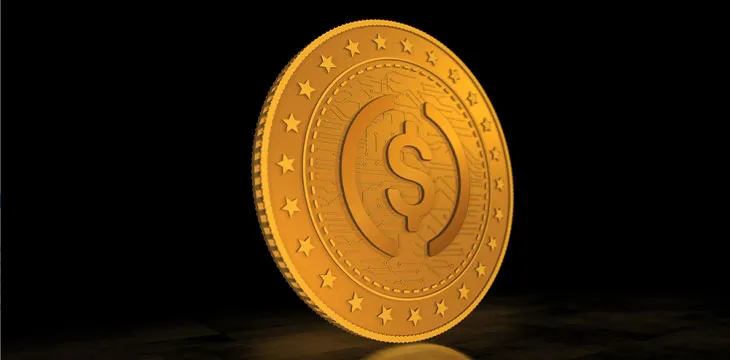|
Getting your Trinity Audio player ready...
|
Japan’s digital asset ecosystem is bracing itself for new changes, with the removal of the ban on foreign stablecoins being the most widely anticipated of the lot.
The Financial Services Agency (FSA) has announced that the ban on the asset class could be lifted in June 2023. The regulator confirmed that work is currently underway to allow the domestic distribution of stablecoins in the country but added that there would be certain restrictions.
“This does not mean that all foreign products of so-called ‘stablecoins’ will be allowed without any restriction,” an FSA spokesperson said. When quizzed on whether Tether (USDT) or USD Coin (USDC) will be allowed in the country, the FSA spokesperson stated that the agency “does not provide any opportunity to access such information before the decision is made.”
The regulatory watchdog disclosed that the stablecoins to be listed on Japanese exchanges are those that satisfy the requirements of the agency. Japan’s FSA says it is keen on stablecoins that are properly backed and have their reserves backed by liquid assets.
Stablecoins that are subject to the same strict regulation in their foreign jurisdiction, like Japan, stand a higher chance of being approved by the FSA. Under the new rules, exchanges allowed to list the foreign stablecoins will collect transaction details from users in addition to imposing a remittance limit of $7,500 on each transaction.
Japanese authorities were rattled by TerraUSD’s (UST) infamous de-pegging, and to prevent a repeat, they banned stablecoins not linked to the Japanese yen.
The FSA’s plan to lift the ban hinges on its ambition to improve international remittances, which local analysts believe “may become faster and cheaper.” Public consultation on allowing foreign stablecoins began in December and is expected to run until Jan 31.
New legislation for payment services
Japan’s regulators are working on amendments to the Payment Services Act designed to set out the basic requirements for electronic payment instruments. The revisions are spearheaded by cabinet orders, and ordinances as regulators aim to streamline the local and international payments space.
“It is scheduled to be promulgated and enforced through necessary procedures upon closure of the public comment,” one insider revealed.
The Japanese exchange regulator mirrors the government’s plans to liberalize the industry following plans to ease the listing process of assets. The regulator’s plan is poised to eliminate the tedious pre-screening requirement for local coins unless the tokens are new to the country’s virtual currency ecosystem.
Watch: Blockchain for Data Integrity & Business Process Management

 07-12-2025
07-12-2025 





